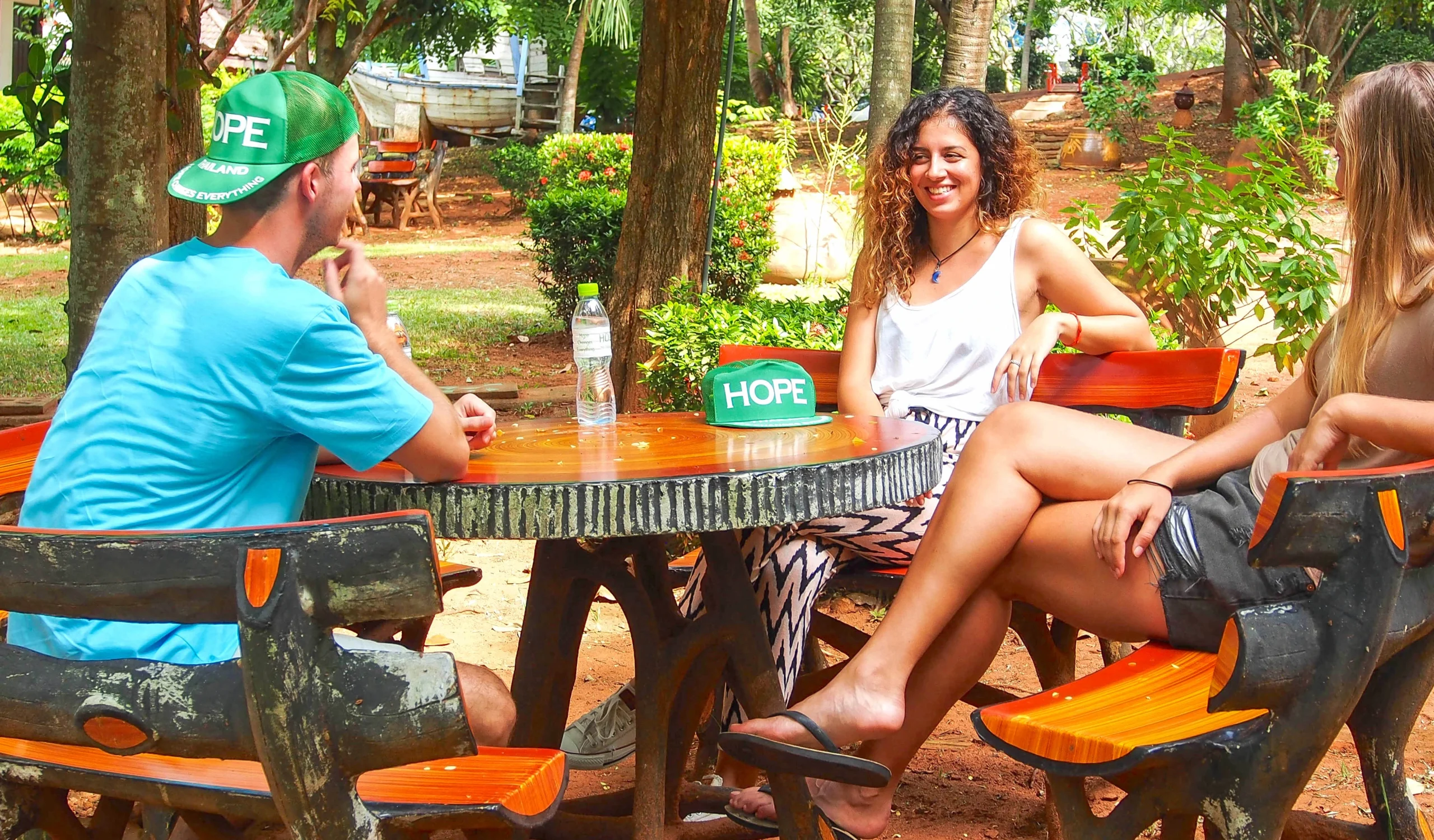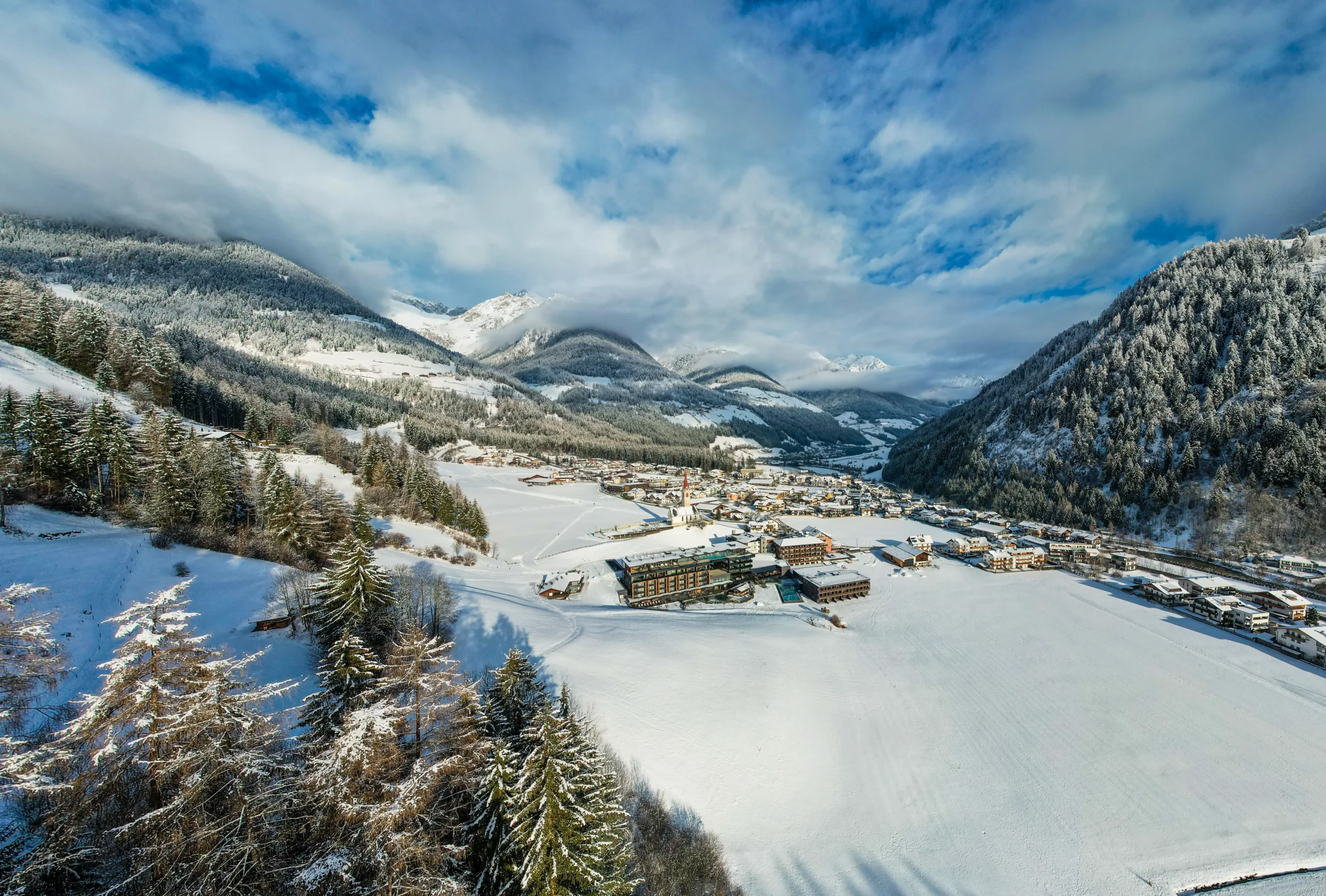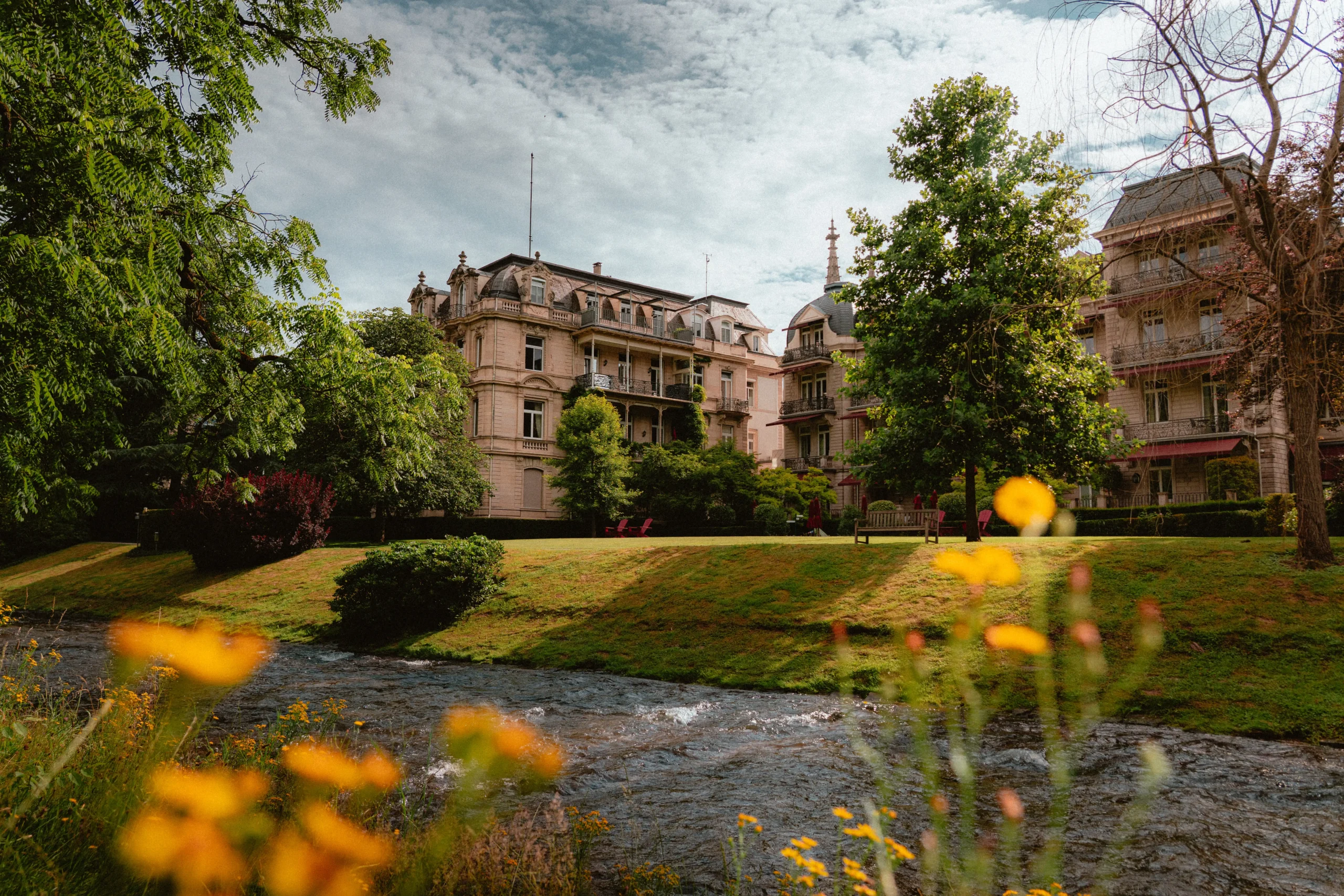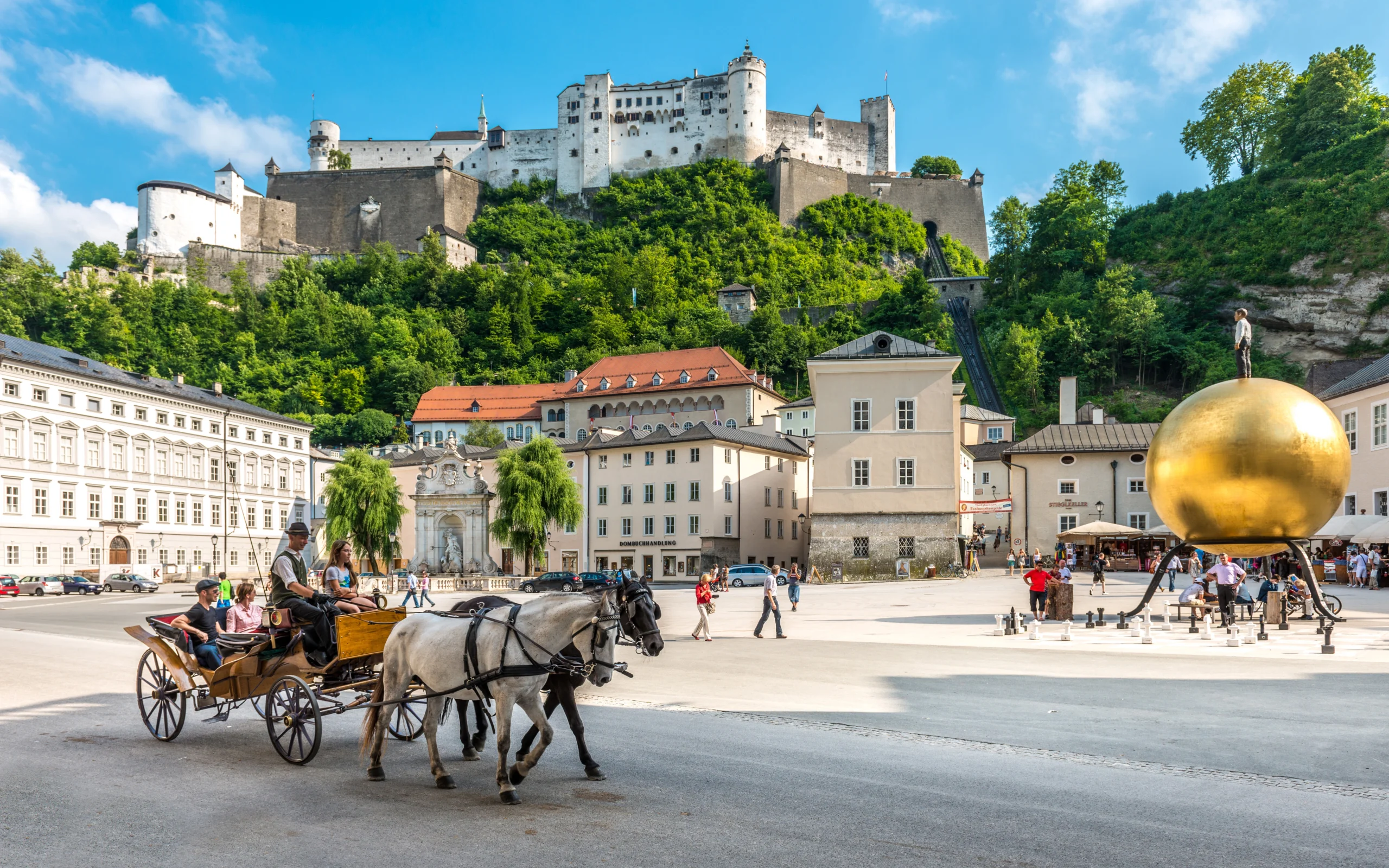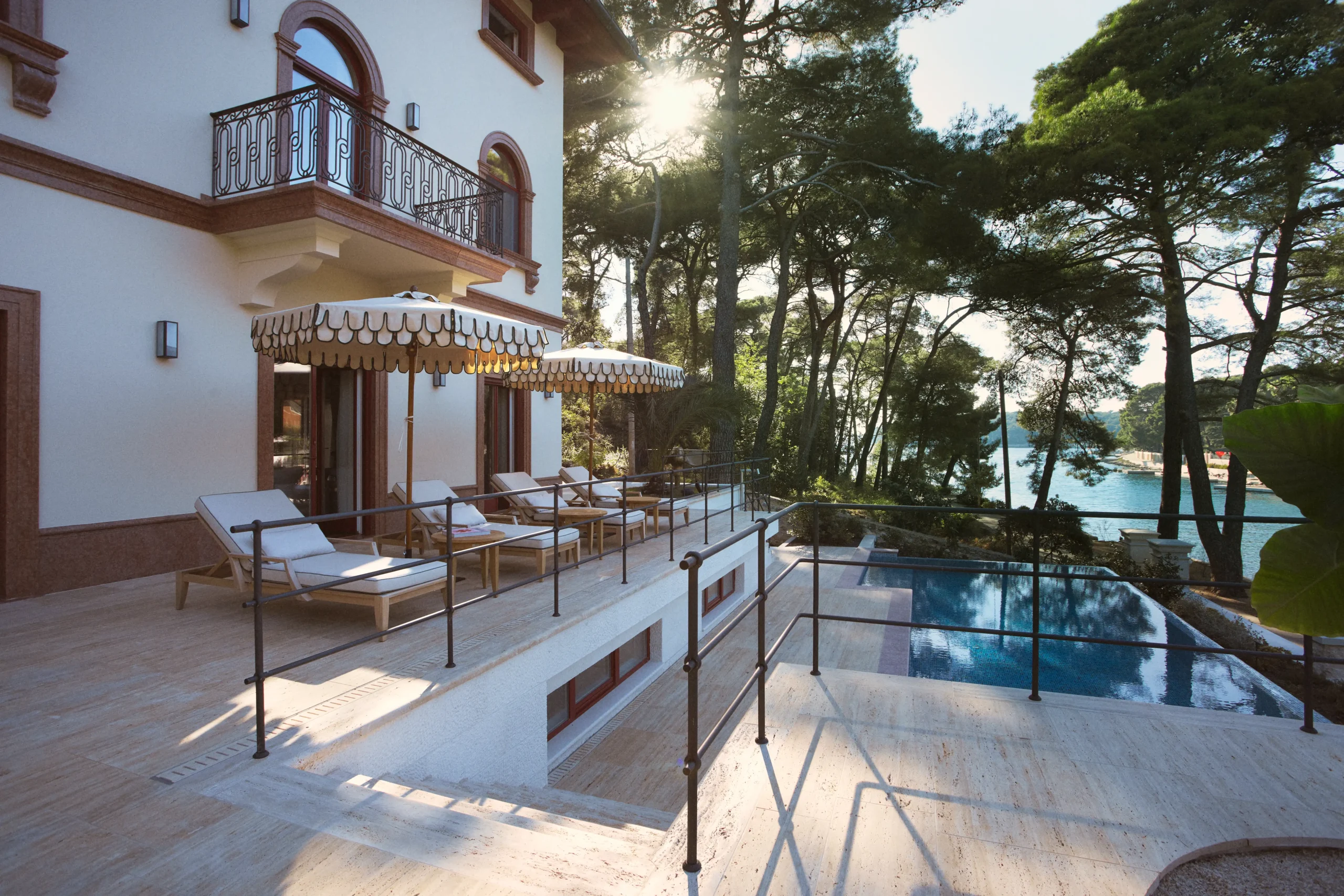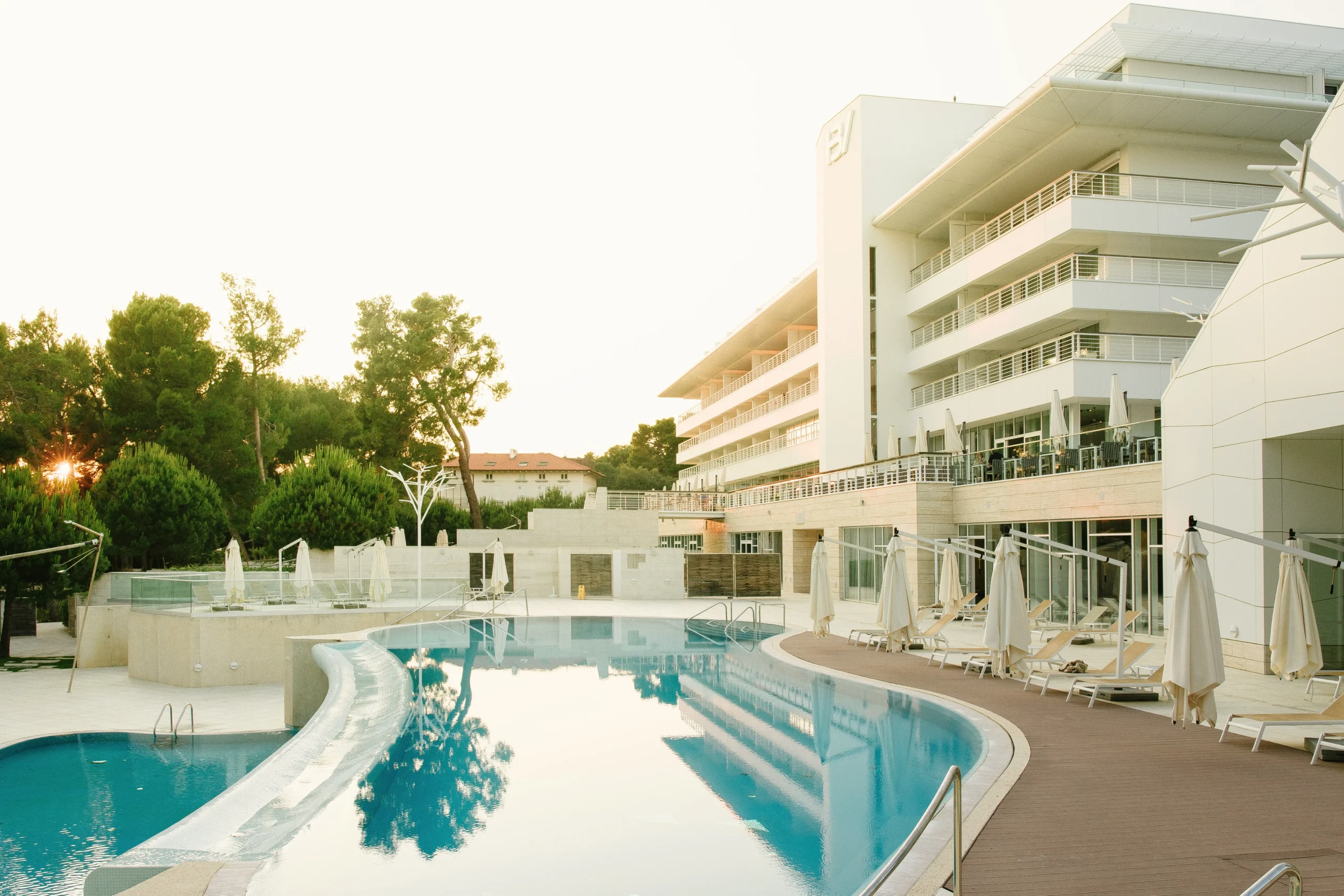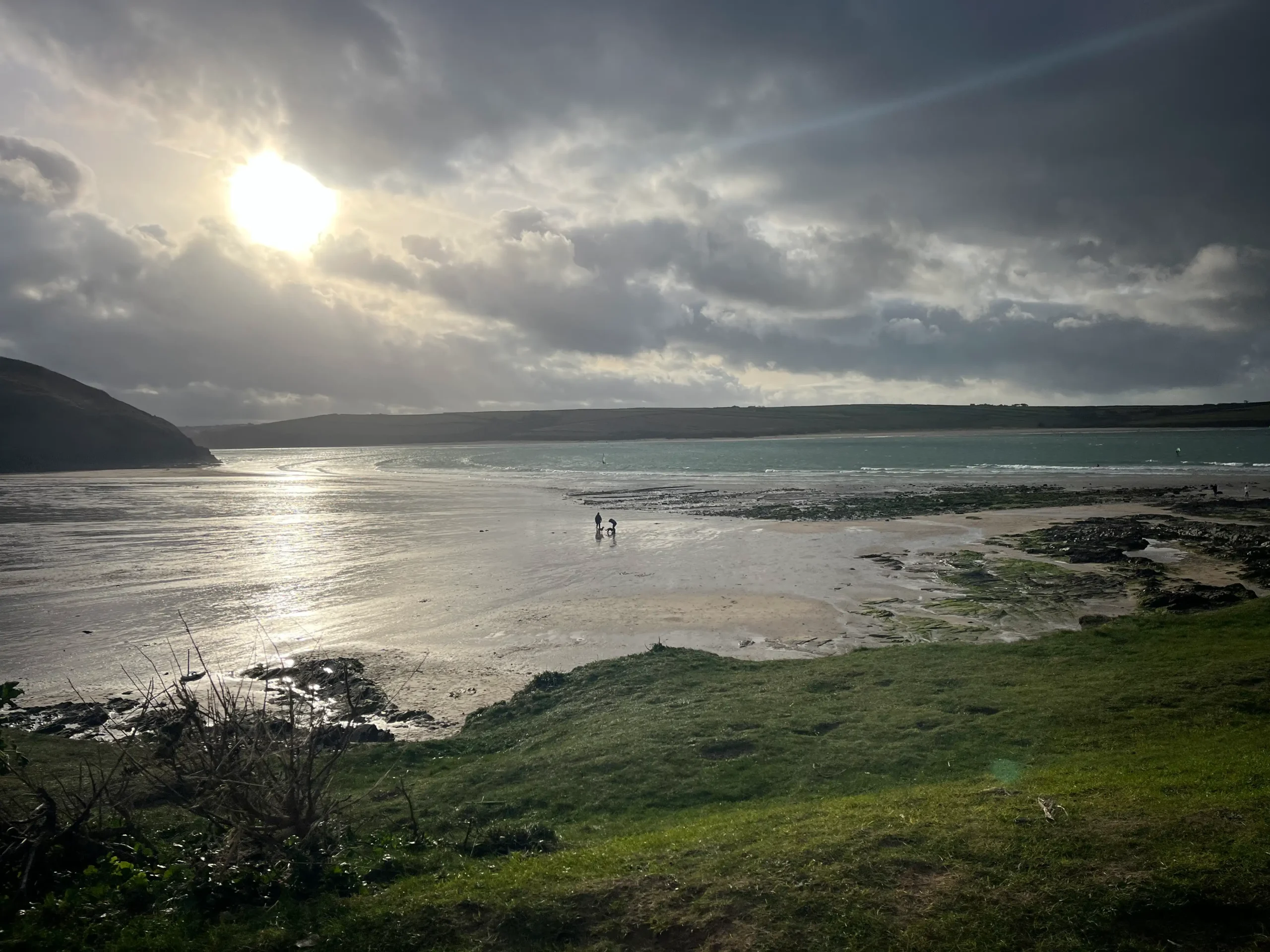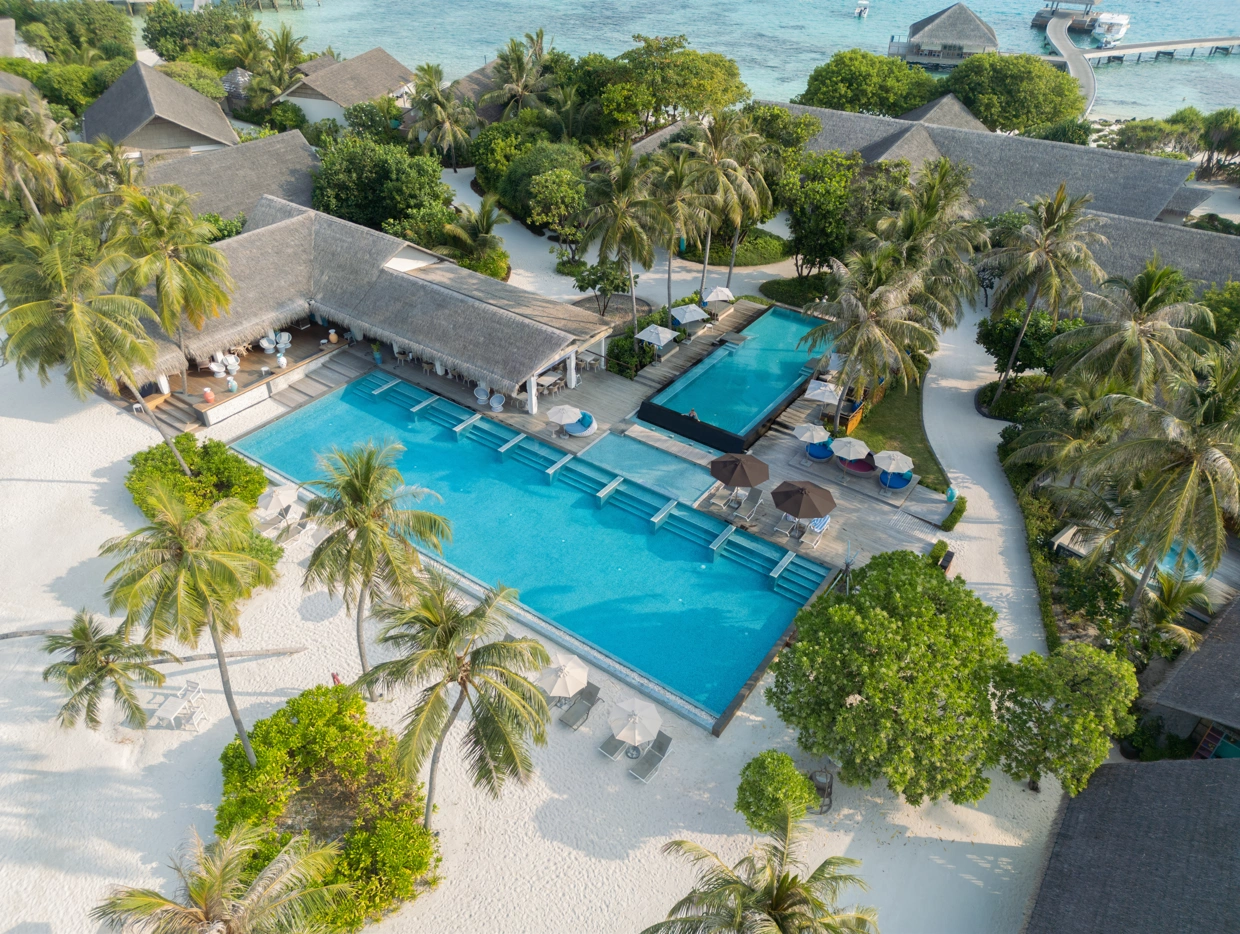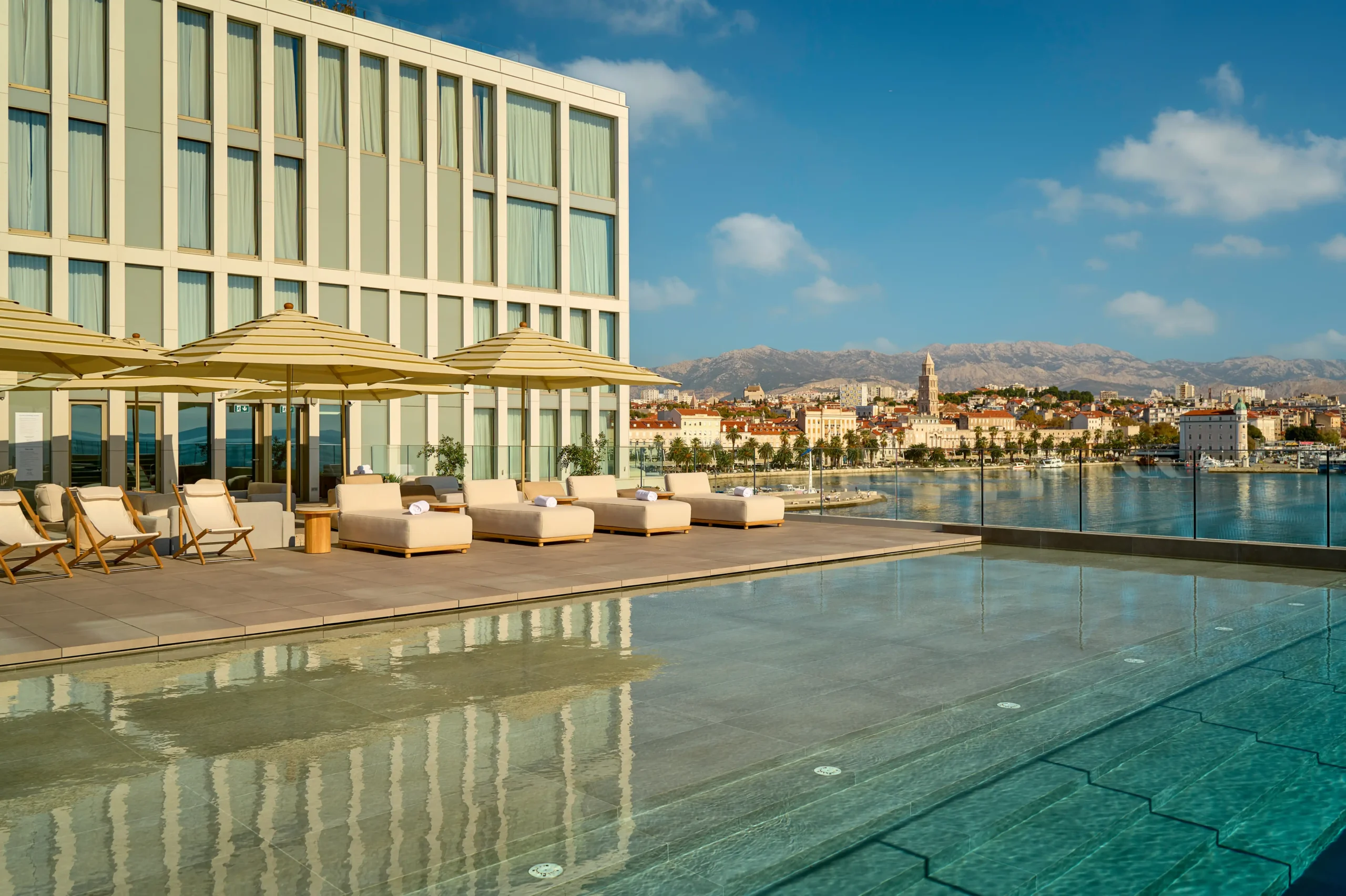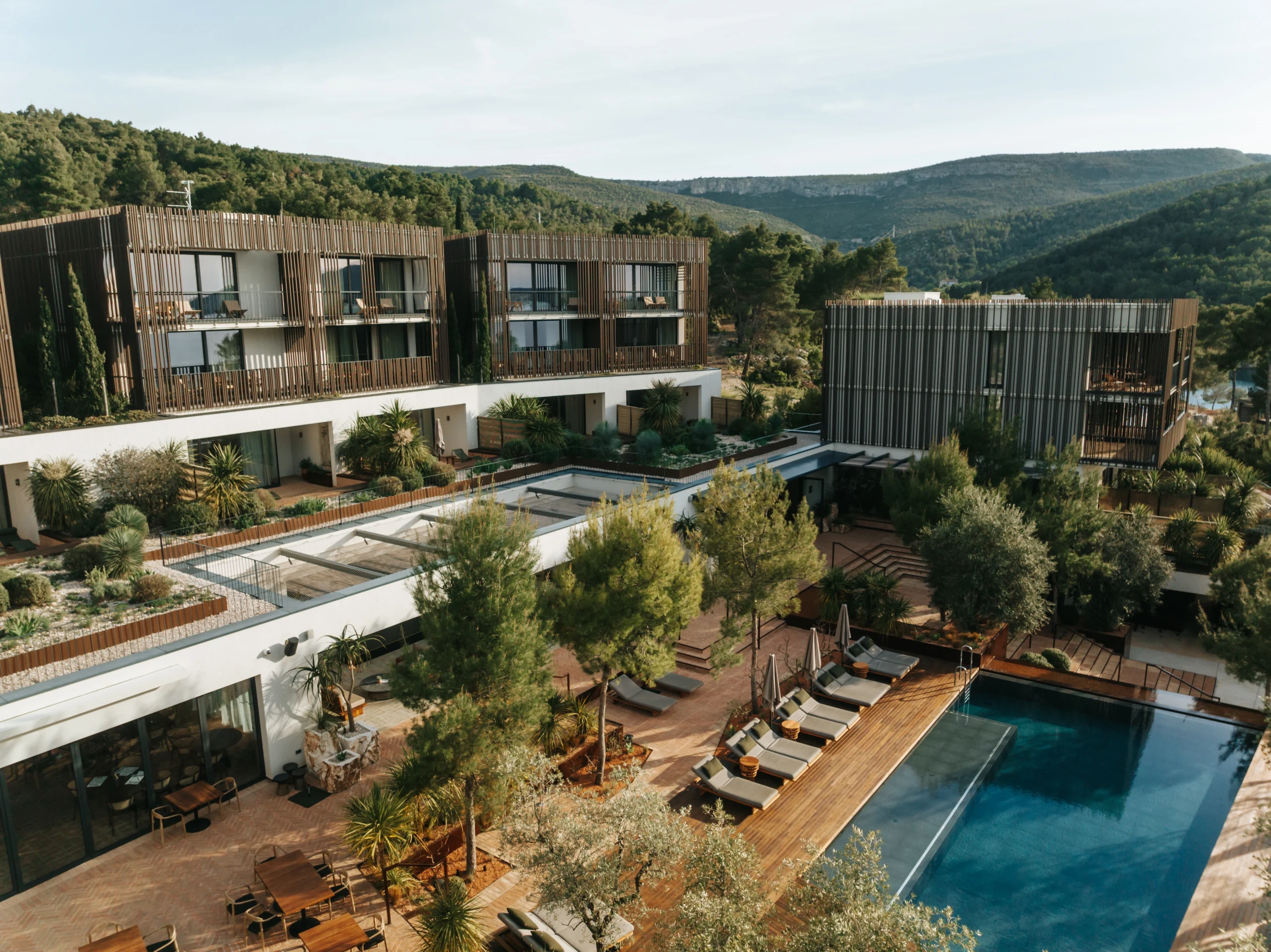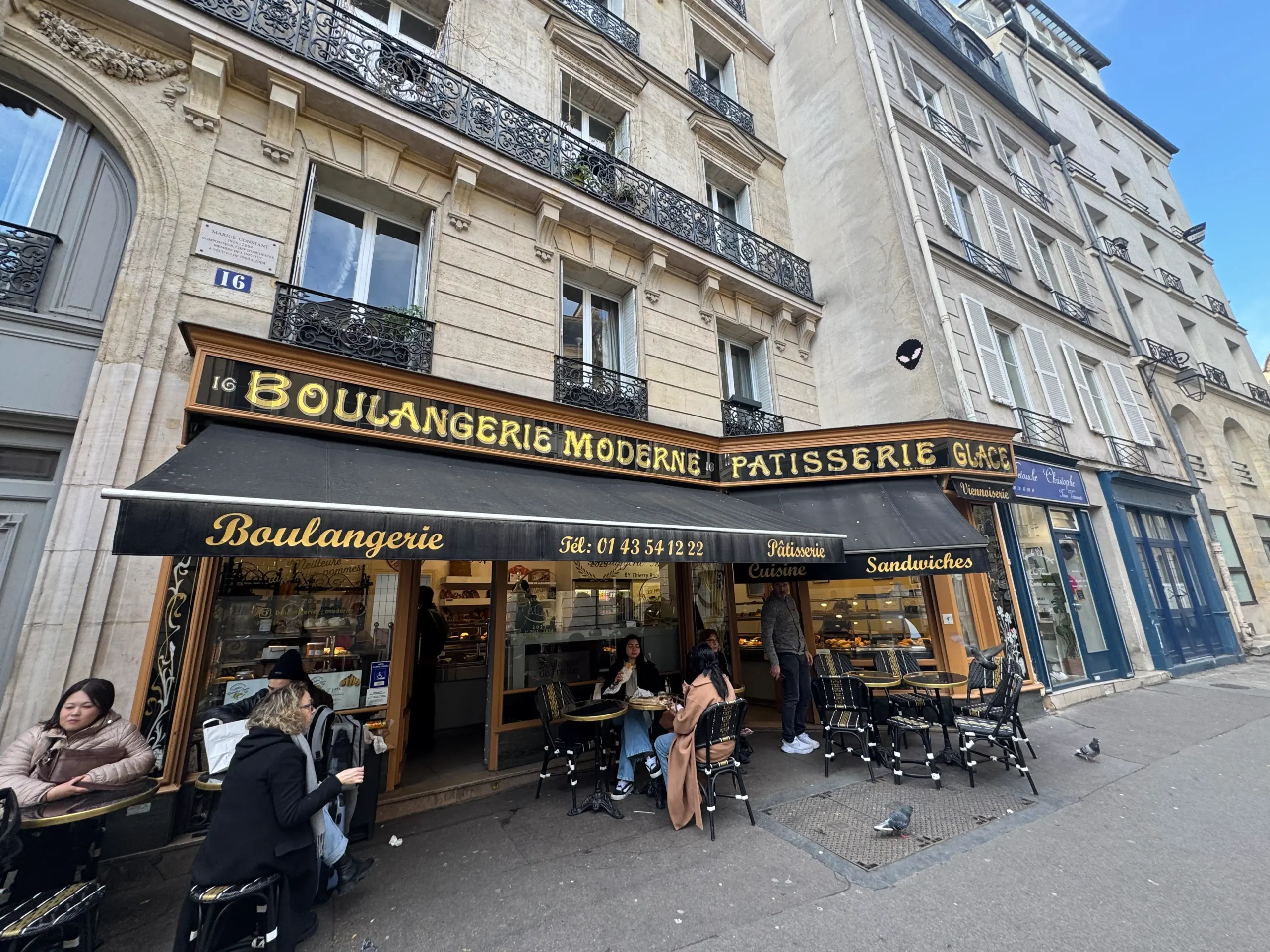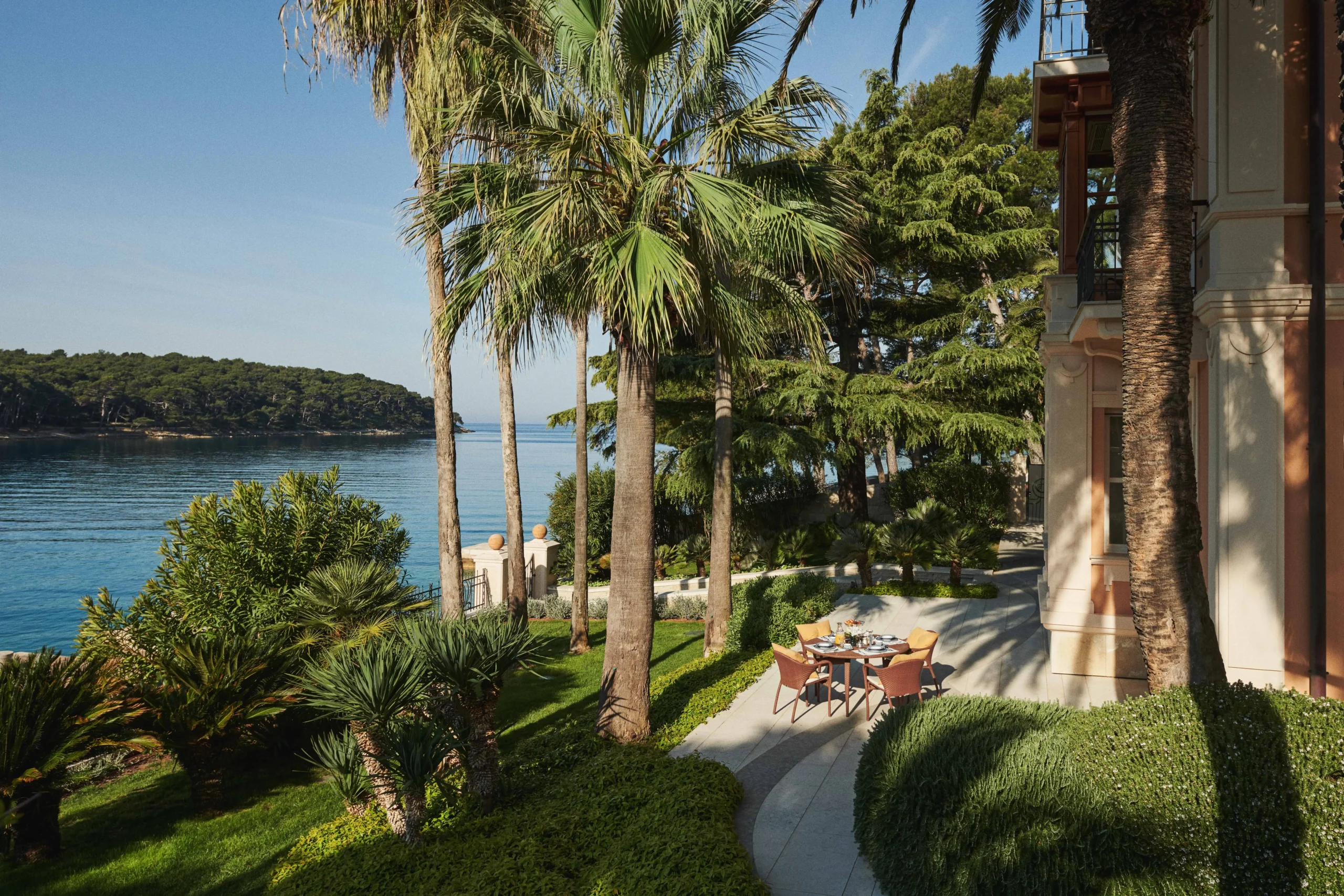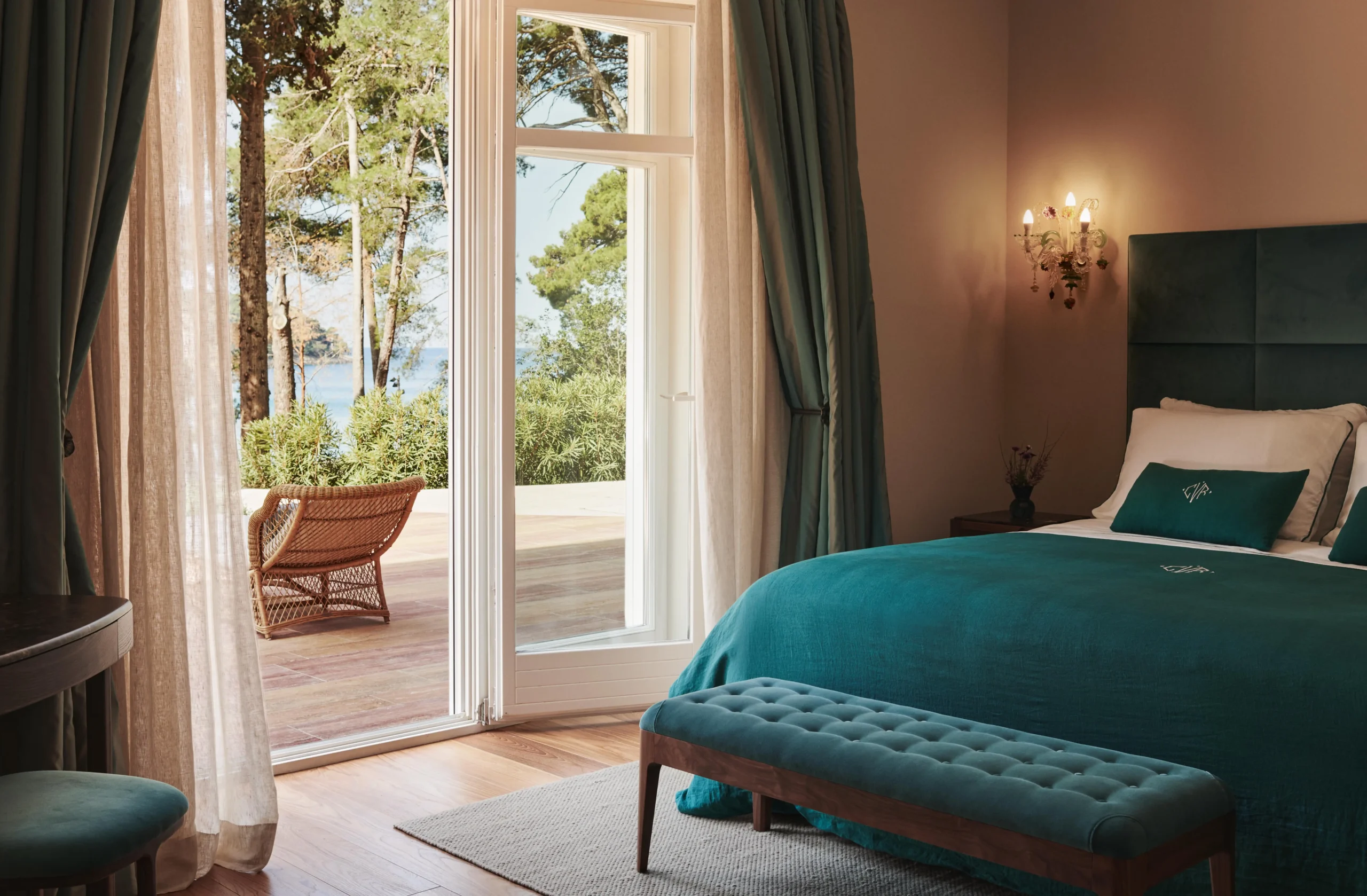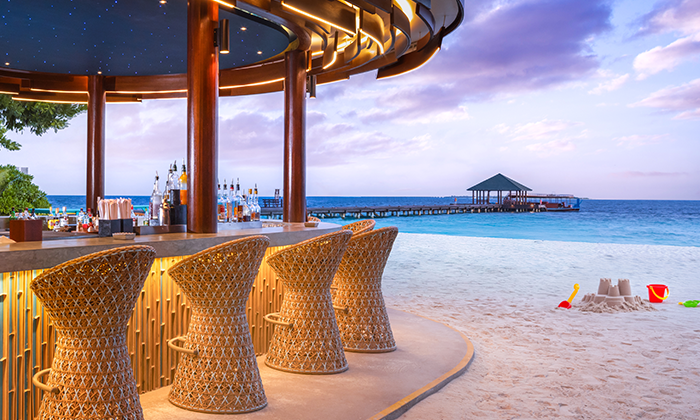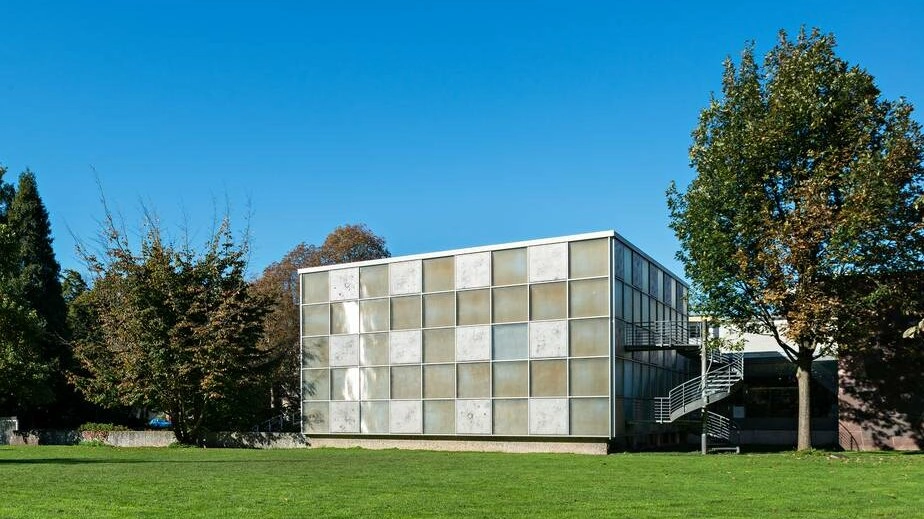Malta – a popular base for digital nomads

John E. Kaye
- Published
- Foreign Direct Investment, Lifestyle, Residency Schemes
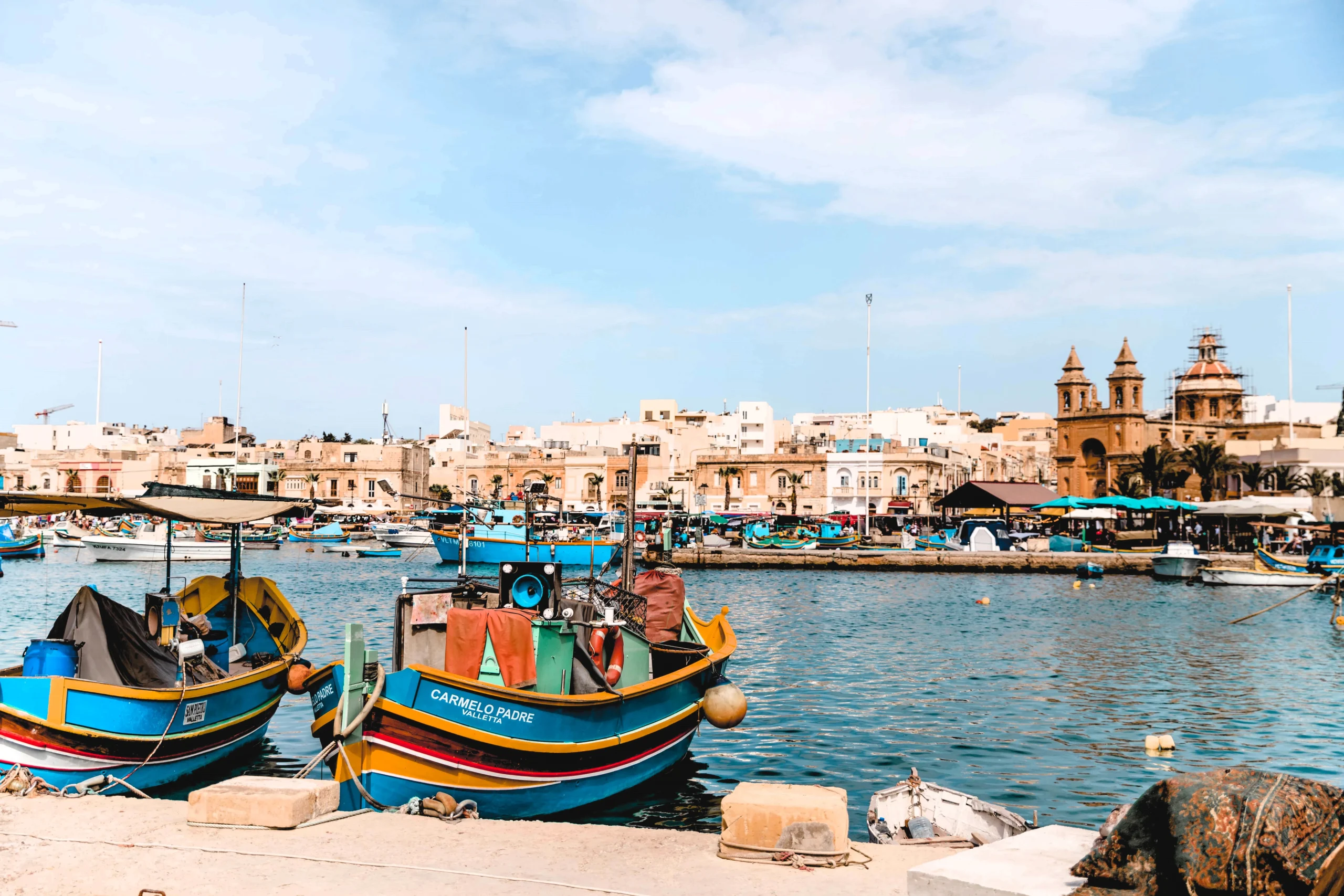
With an estimated 40 million digital nomads now reshaping the global economy, countries are racing to attract remote workers with the right mix of stability, infrastructure and lifestyle. Daryl Grima of Residency Malta explains why the island’s Nomad Residence Permit – offering a renewable stay for non-EU citizens – is positioning Malta as a serious base for internationally mobile professionals
When you can work from anywhere, why choose just anywhere?
For the world’s 40 million digital nomads, all it takes is a laptop and a decent internet connection. They’re not tied down, and they don’t need to be.
But more and more countries are now competing to attract this mobile workforce, offering legal pathways to settle in — for a while, at least — without having to move their business, change employer, or get tangled in bureaucracy.
Malta is one of them. Its government-backed Nomad Residence Permit gives non-EU professionals the right to live and work on the island for up to four years, with a straightforward application process and the kind of setup that suits people who want to stay longer, not just pass through.
Here, Daryl of Residency Malta, the government agency responsible for managing three residency programmes for non-EU nationals, sets out six reasons why the Nomad Residence Permit is proving a stand-out option for globally mobile professionals.
1. Safety and stability
Malta offers a politically stable and secure base for remote workers, with robust legal frameworks and long-term appeal.
“Remote professionals don’t just want beauty — they want certainty,” Daryl said. “Our legal and regulatory systems offer exactly that. Whether someone is staying for a year or considering incorporating a new business beyond the nomadic stay, Malta provides a level of stability that gives people the confidence to plan ahead.”
2. Flexibility
The permit allows an initial one-year stay, renewable yearly for up to four years – ideal for ‘slowmads’ looking to establish a temporary base.
“We designed the permit for people who want more than a brief stopover,” Daryl explained. “It’s for those who see value in staying longer, building connections and having the space to live and work properly. Malta’s infrastructure, accommodation options and lifestyle all support that kind of medium-term living.”
3. Business-friendly ecosystem
With 5G, public Wi-Fi, a resilient banking sector and strong links to key regions, Malta supports digital business at every level.
“You can work from here without friction,” Daryl told us. “Whether it’s tech, consulting or creative work, Malta has the right infrastructure. It’s also well connected — geographically and digitally — with fast access to Europe, North Africa and the Middle East. That’s a serious advantage for global workers and entrepreneurs.”
4. English language advantage
As an official language, English makes everyday life in Malta simple for international residents.
“Everything from dealing with government departments to renting a flat is easy in English,” Daryl added. “That means remote workers can integrate quickly — professionally and socially. It removes the stress of relocation, and lets people focus on what they came here to do.”
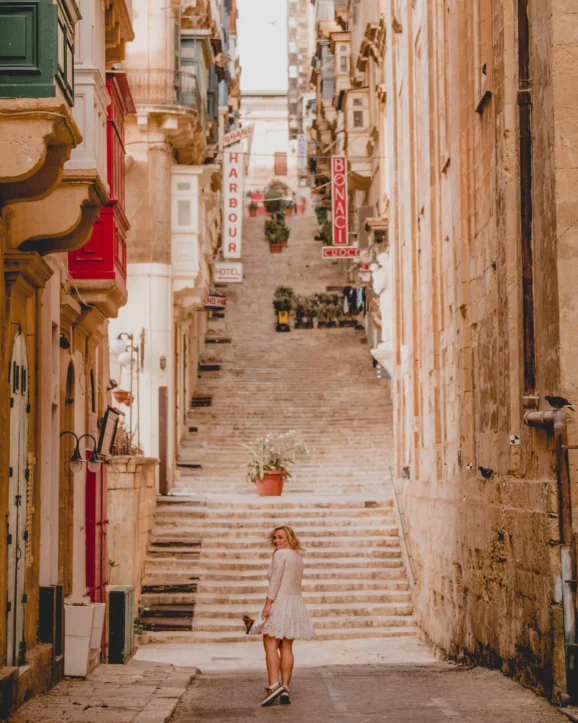
5. Strategic time zone
Malta’s GMT+1 time zone offers workable overlap with Asia, Europe and North America.
“It sounds small, but the time zone makes a big difference,” Daryl said. “You can join a team call in Singapore in the morning, liaise with European clients mid-day, and still catch a U.S briefing before dinner. That flexibility makes Malta ideal for cross-border teams and remote professionals with global clients.”
6. Appealing lifestyle
With warm weather, a historic setting and year-round outdoor life, Malta offers strong work-life balance.
“People come here to work, but they also come to live You can start your day in a café overlooking the sea, take a lunchtime swim, and spend your weekend exploring world heritage sites or relaxing in the sun. That balance is increasingly important for the kind of talent we’re looking to attract.”
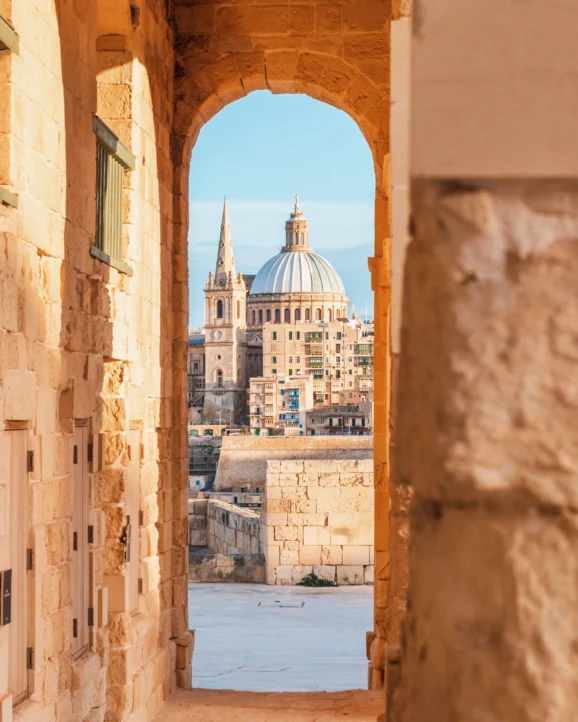
According to Daryl, the application process has been designed to keep things straightforward. Applicants need to show they meet requirements — such as having a work contract with a company based outside Malta, running a business abroad, or working as a freelancer or consultant with international clients. They’ll also need to show proof of a clean conduct record, an annual income of at least €42,000, a place to stay, and private health insurance that covers them while in Malta.
Once approved in principle, it’s a straightforward process: applicants simply upload the necessary documents via the Residency Malta online portal, and once confirmed, they can begin life on the island. The permit is initially valid for one year and can be renewed up to three times, allowing a maximum stay of four years. Immediate family members can also be included in the application.
Daryl said: “This permit is far more than a conventional digital nomad visa. It’s a well-crafted programme that provides remote workers with legal certainty, lifestyle quality and a credible base in the south of Europe. Malta’s strong infrastructure and commitment to digital progress make it a serious contender for globally mobile professionals seeking stability and connectivity.”
For more information, further support, or to apply, visit: https://nomad.residencymalta.gov.mt
Additional reporting: John E. Kaye
RECENT ARTICLES
-
 How a book becomes a ‘bestseller (and it’s not what you think)
How a book becomes a ‘bestseller (and it’s not what you think) -
 Fipronil: the silent killer in our waterways
Fipronil: the silent killer in our waterways -
 Addiction remains misunderstood despite clear medical consensus
Addiction remains misunderstood despite clear medical consensus -
 New guide to the NC500 calls time on 'tick-box tourism'
New guide to the NC500 calls time on 'tick-box tourism' -
 Bon anniversaire, Rétromobile: Paris’ great motor show turns 50
Bon anniversaire, Rétromobile: Paris’ great motor show turns 50 -
 Ski hard, rest harder: inside Europe’s new winter-wellness boom
Ski hard, rest harder: inside Europe’s new winter-wellness boom -
 Baden-Baden: Europe’s capital of the art of living
Baden-Baden: Europe’s capital of the art of living -
 Salzburg in 2026: celebrating 270 years of Mozart’s genius
Salzburg in 2026: celebrating 270 years of Mozart’s genius -
 Sea Princess Nika – the ultimate expression of Adriatic elegance on Lošinj
Sea Princess Nika – the ultimate expression of Adriatic elegance on Lošinj -
 Hotel Bellevue, Lošinj, Croatia – refined wellness by the Adriatic
Hotel Bellevue, Lošinj, Croatia – refined wellness by the Adriatic -
 Padstow beyond Stein is a food lover’s dream
Padstow beyond Stein is a food lover’s dream -
 Love really is in the air. How to spot a sky full of heart-stealing stars this Valentine's Day
Love really is in the air. How to spot a sky full of heart-stealing stars this Valentine's Day -
 Cora Cora Maldives – freedom, luxury and a celebration of island life
Cora Cora Maldives – freedom, luxury and a celebration of island life -
 Hotel Ambasador: the place to stay in Split
Hotel Ambasador: the place to stay in Split -
 Maslina Resort, Hvar – mindful luxury in the heart of the Adriatic
Maslina Resort, Hvar – mindful luxury in the heart of the Adriatic -
 The bon hiver guide to Paris
The bon hiver guide to Paris -
 Villa Mirasol – timeless luxury and discreet elegance on the island of Lošinj
Villa Mirasol – timeless luxury and discreet elegance on the island of Lošinj -
 Lošinj’s Captain’s Villa Rouge sets a new standard in private luxury hospitality
Lošinj’s Captain’s Villa Rouge sets a new standard in private luxury hospitality -
 Villa Nai 3.3: A Michelin-recognised haven on Dugi Otok
Villa Nai 3.3: A Michelin-recognised haven on Dugi Otok -
 The European road test: The Jeep Wrangler Rubicon
The European road test: The Jeep Wrangler Rubicon -
 Rattrapante Mondiale – Split-Seconds Worldtimer
Rattrapante Mondiale – Split-Seconds Worldtimer -
 Adaaran Select Meedhupparu & Prestige Water Villas: a Raa Atoll retreat
Adaaran Select Meedhupparu & Prestige Water Villas: a Raa Atoll retreat -
 Heritance Aarah: an island escape crafted for exceptional family and couples’ stays
Heritance Aarah: an island escape crafted for exceptional family and couples’ stays -
 Stanley Johnson in Botswana: a return to the wild heart of Southern Africa
Stanley Johnson in Botswana: a return to the wild heart of Southern Africa -
 Germany’s Jewellery Museum in Pforzheim unveils landmark exhibition on dining culture
Germany’s Jewellery Museum in Pforzheim unveils landmark exhibition on dining culture



